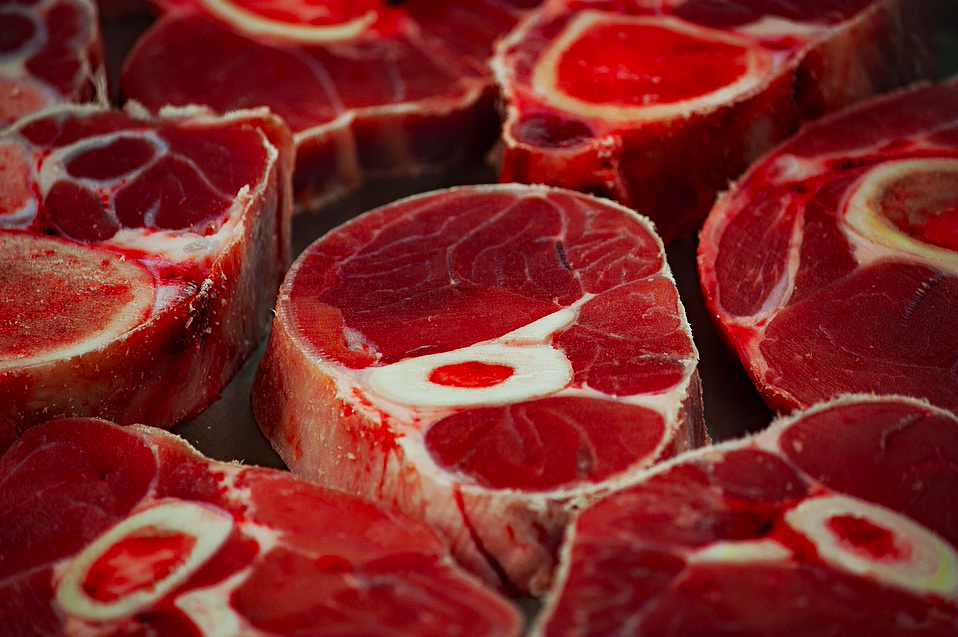More than 22% of the workers at a meat processing plant in Groenlo were infected with coronavirus when tested. These infection rates are thought to be down to the workers’ poor living conditions rather than the fact that they work with raw meat.
Of the 657 employees of Vion’s meat processing plant in Groenlo, 147 were found to be infected with coronavirus. 79 of the infected employees live in Germany, and 68 live in the Netherlands.
The GGD is conducting a source and contact investigation to track the spread of the virus, and all workers and their housemates must self isolate. Vion has shut down this particular processing plant but is continuing its operations in other Vion locations in the Netherlands.
Cramped living conditions of workers probably increased the spread of the virus
The majority of the workers at the meat processing factory are migrant workers from Eastern Europe. Their living conditions are cramped and crowded: workers often have to live together in housing owned by the employment agency that they are attached to.
The conditions in these shared houses are cramped, which makes transmitting the virus easy. Two workers will usually share an 8m2 or 10m2 room, and share other facilities in the house with multiple people. Additionally, when commuting to the factory, workers usually travel all together in a van, which again creates the perfect conditions for the virus to spread.
Working conditions in the factory probably also played a role
The problems don’t end there, though: social distancing at the factory is also impossible, it seems. In a survey conducted by the FNV, 30% of those surveyed could not keep distance when working, washing hands, or changing clothes.
This is not an isolated problem: slaughterhouses have been hotspots for coronavirus outbreaks in the US and Germany already during the crisis. It is unlikely that the workers are catching coronavirus from the carcasses, as coronavirus has mostly been a human-to-human transmitted disease. However, the Netherlands is investigating a possible case of mink-to-human transmission on a mink farm.
No impact on food safety
Consumers are not at risk of getting coronavirus from eating meat processed in one of these plants, however, according to NVWA spokesperson Tjitte Mastenbroek in an interview with NU.nl. “Firstly, there are no known cases of people becoming infected with food. The European Food Authority (EFSA, ed.) Pointed out this earlier. In addition, the virus needs a living body to survive and there is enough time between the meat is in the factory and is with the consumer.”
You can follow DutchReview on Facebook for more updates on coronavirus in the Netherlands.
Feature Image: elementar01/Pixabay



